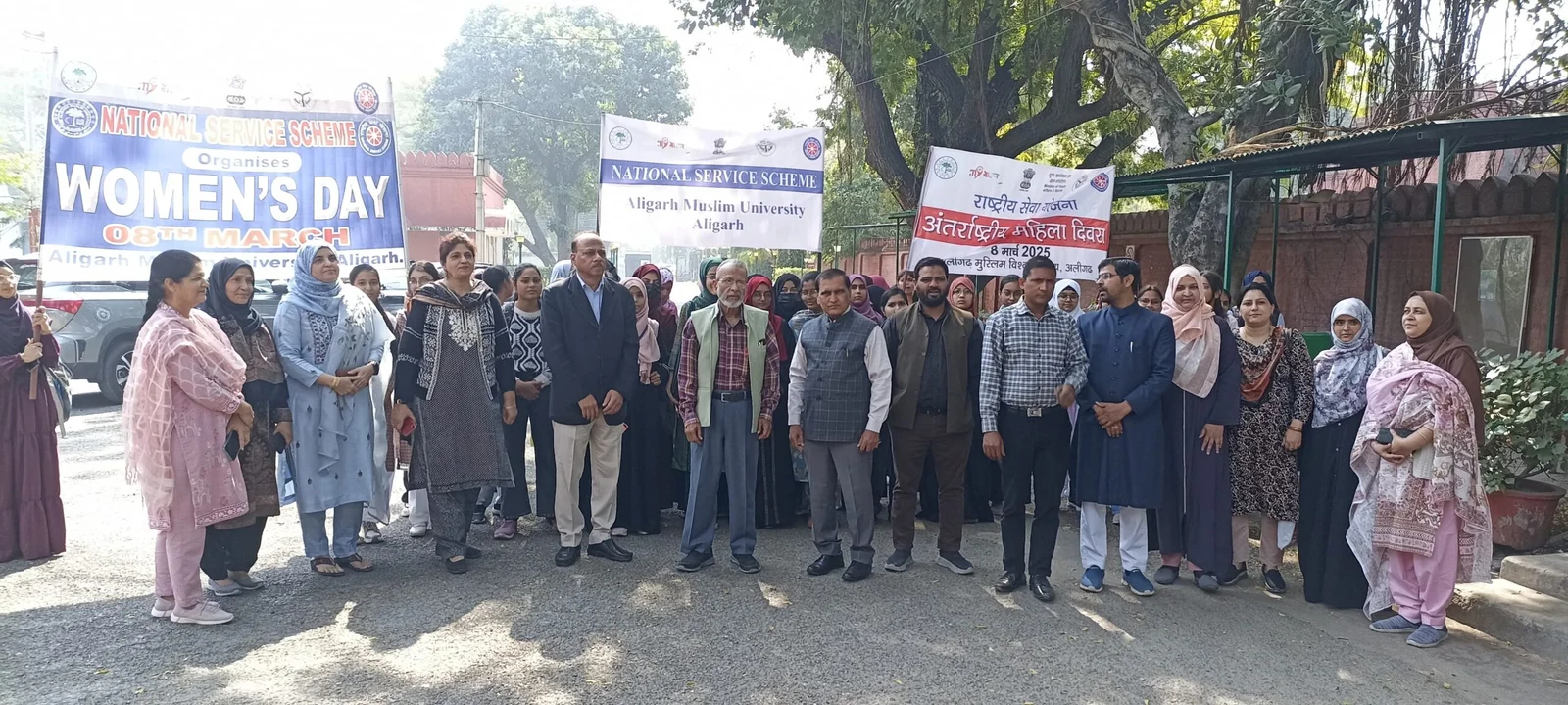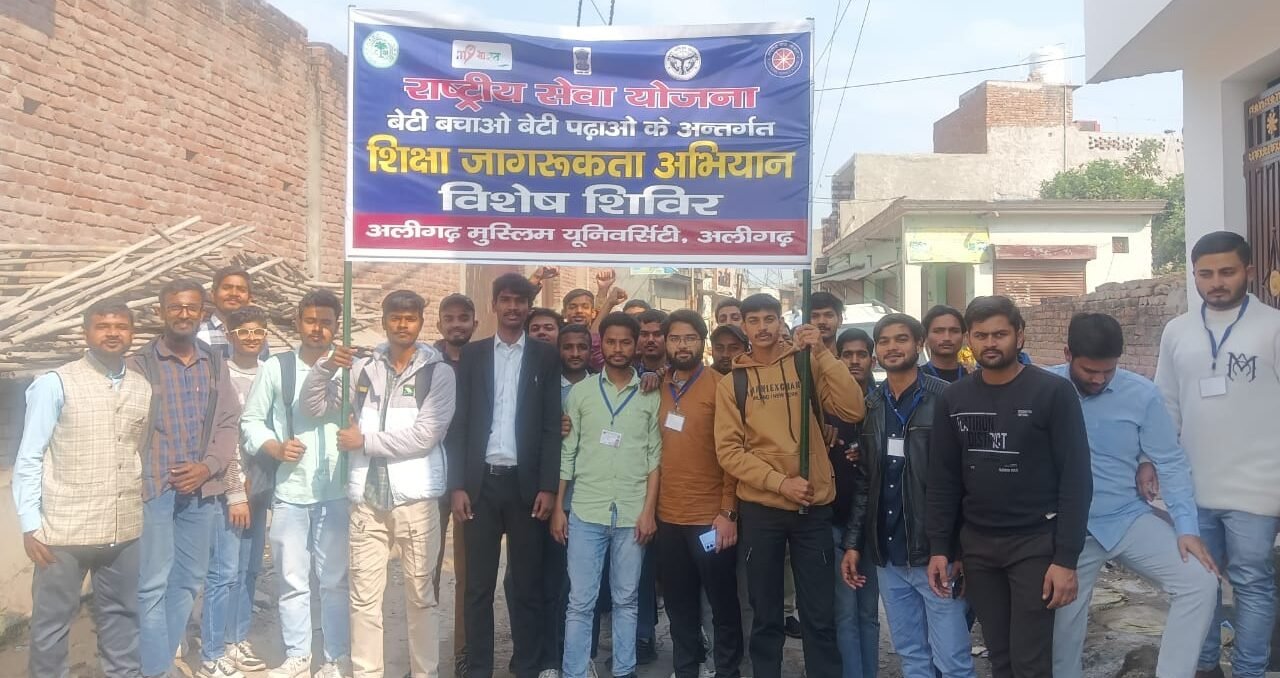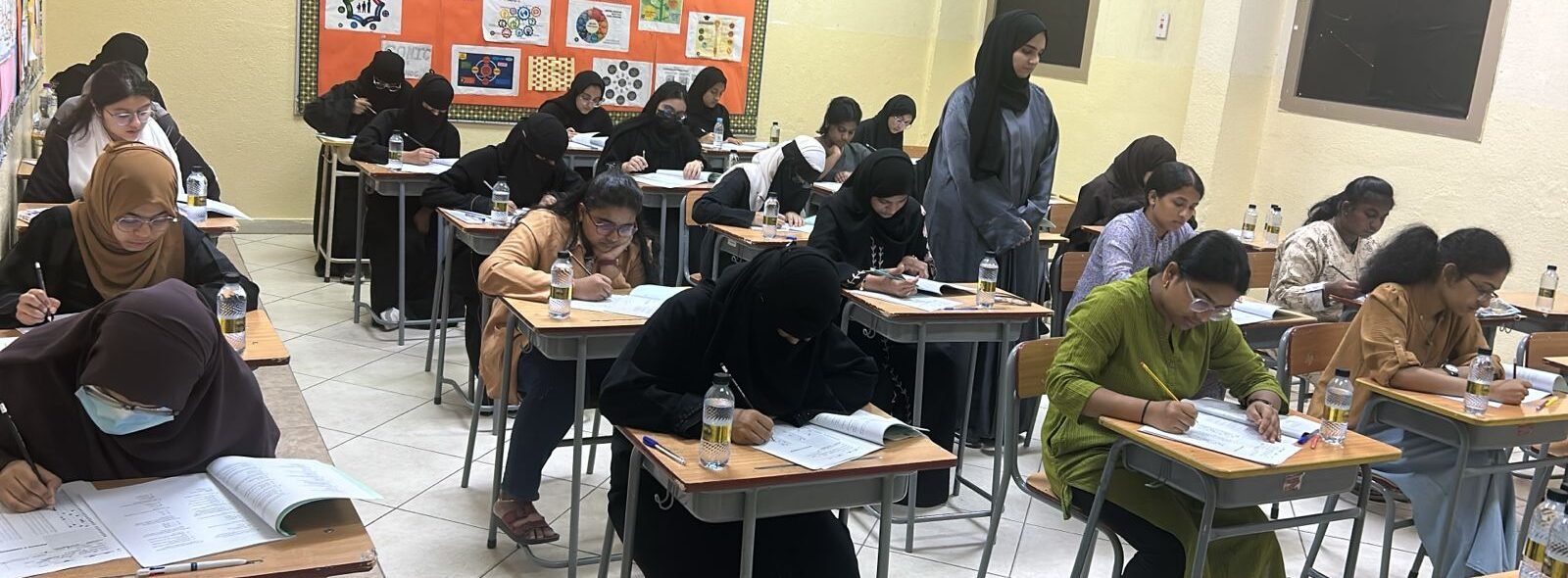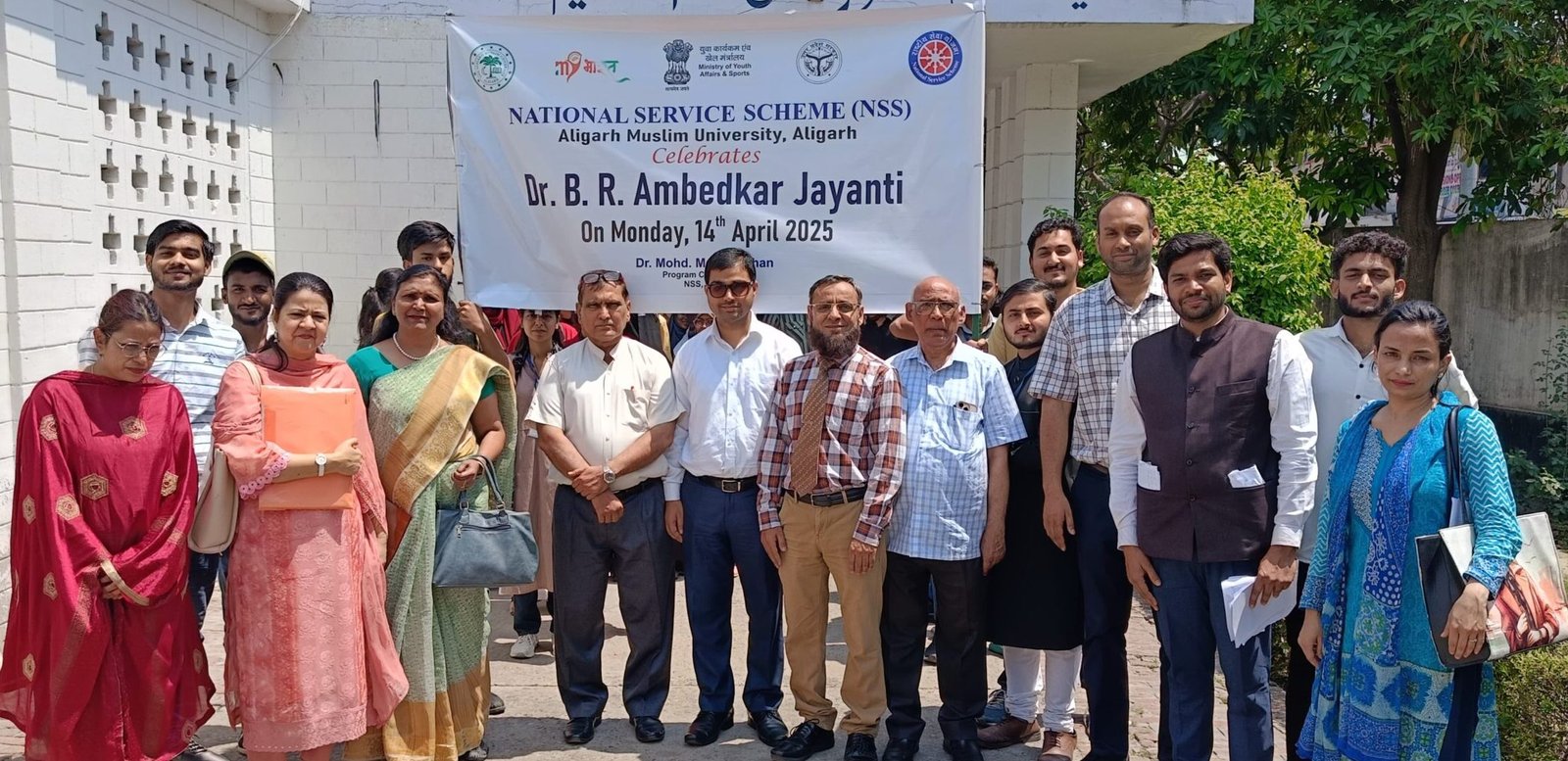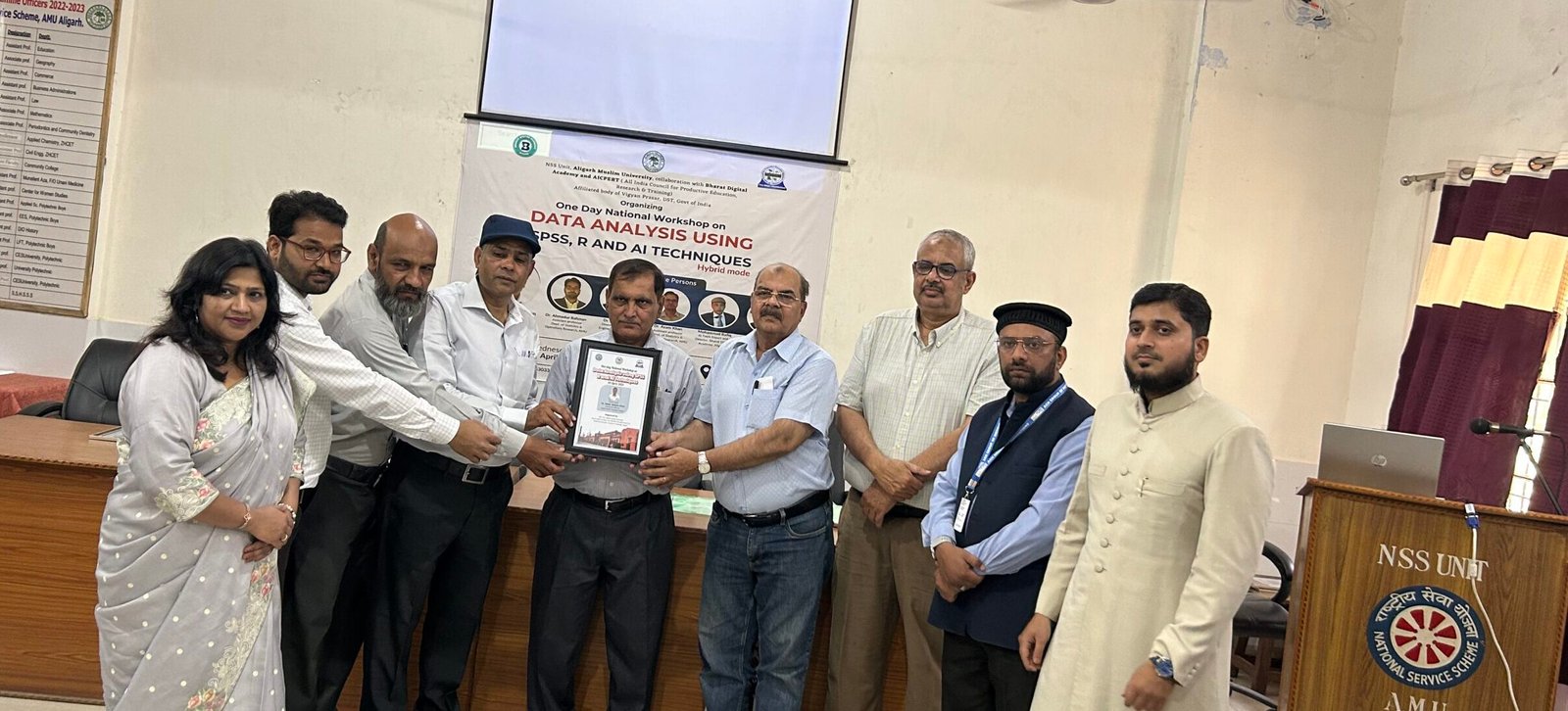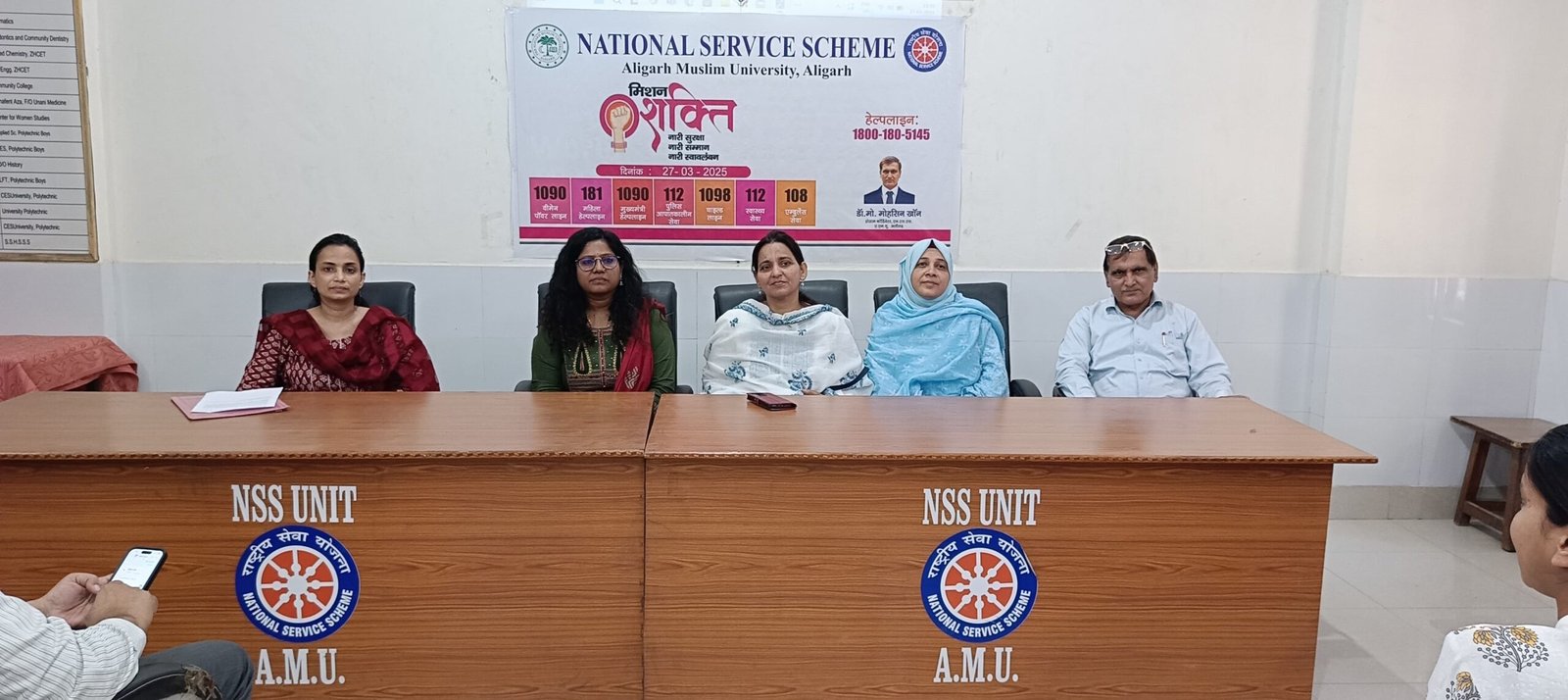
New Delhi, 16 August 2024: In a highly anticipated press conference, the Election Commission of India revealed the election dates for Jammu & Kashmir and Haryana, marking the first elections in these regions after a decade. The announcement brings renewed attention to the democratic process in Jammu & Kashmir, which has undergone significant political changes since the abrogation of Article 370 in August 2019.

Jammu & Kashmir will witness elections for 90 assembly seats across its 10 districts, with 43 seats allocated to the Jammu region and 47 to the Kashmir region. This election marks a return to democratic governance in the Union Territory (UT) after ten years of political uncertainty. Haryana will also see elections for its 90 assembly seats, with indications that the polling might occur in a single phase. The upcoming elections in these states are considered a major development in shaping the future political landscape of the regions.


The Election Commission underscored the importance of these elections in restoring democratic governance in Jammu & Kashmir after a decade. This will be the first electoral process since the bifurcation of the former state into two separate Union Territories—Jammu & Kashmir and Ladakh. Rajiv Kumar, Chief Election Commission of India
Political Landscape in Jammu & Kashmir:
Notably, Omar Abdullah, former Chief Minister of Jammu & Kashmir, stated his decision not to participate in the elections until the state’s special status is restored. On the other hand, Farooq Abdullah, a prominent political leader, expressed his willingness to contest in the elections. These contrasting stances highlight the evolving political dynamics in the region.
Focus on Voter Inclusivity and Accessibility:
The Election Commission detailed several measures to make the voting process more inclusive and accessible, particularly for voters with disabilities. Multi-story polling stations are planned for urban areas in Haryana to ensure better accessibility for residents of high-rise societies. Additionally, polling stations will be equipped with drinking water, toilets, ramps, wheelchairs, and clear signages for the convenience of all voters.

Technology Integration and Voter Engagement:
The commission emphasized the role of technology in facilitating a smoother election process, with specific attention to increasing voter turnout. They aim to enhance participation among various demographics, including youth, women, and individuals with disabilities, by providing an inclusive voting environment.

These elections are of immense political importance, particularly in Jammu & Kashmir, as they mark the first electoral exercise since the abrogation of Article 370. The increased number of assembly seats in both Jammu and Kashmir regions represents a major shift in governance structures compared to a decade ago. The statements from political leaders like Omar and Farooq Abdullah further illustrate the changing political strategies of regional parties, which are crucial in shaping the electoral landscape of the UT.
The Election Commission also highlighted its plans to ensure fair and peaceful elections in high-risk areas. Enhanced security measures will be in place, with a focus on voter education, independent monitoring, and transparent processes. These steps are intended to foster trust in the electoral system and provide a safe environment for voters, especially in conflict-prone regions of Jammu & Kashmir.
The upcoming elections in Jammu & Kashmir and Haryana will play a pivotal role in determining the future political and governance structure of these regions. With renewed attention on democratic participation and inclusive policies, the elections are poised to reflect the aspirations of the people and the evolving political landscape.
All Photo. by EC of India


